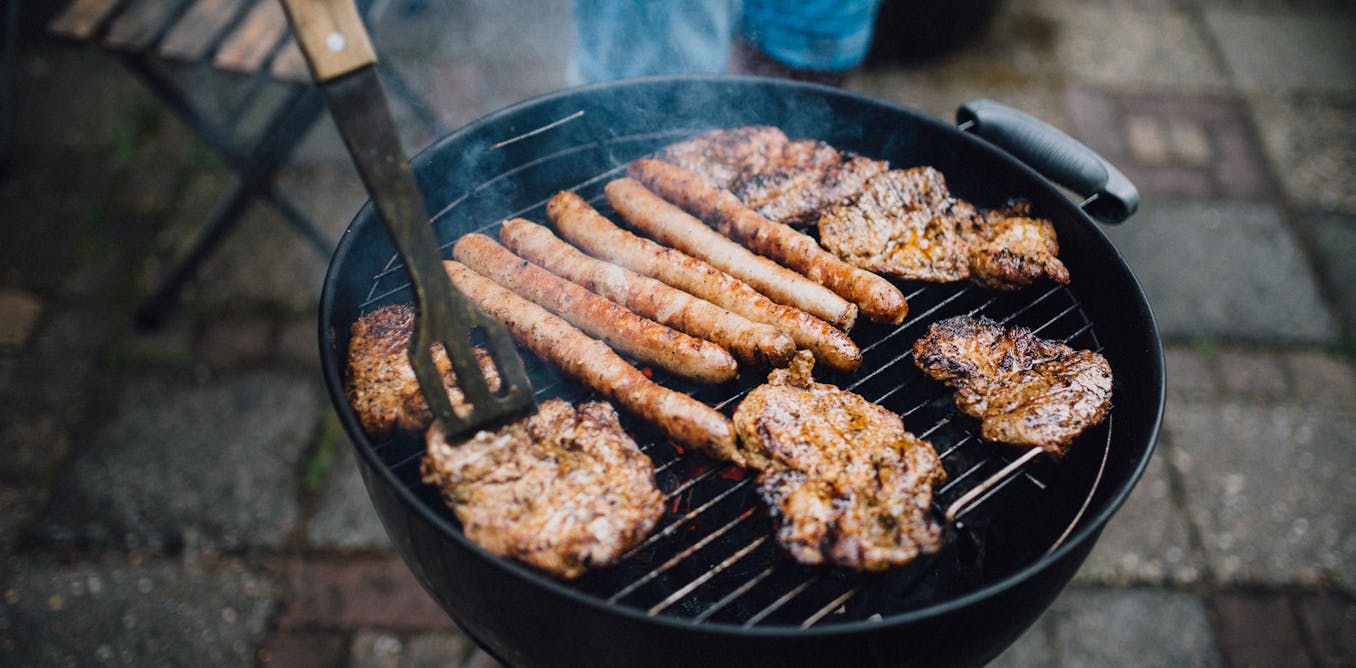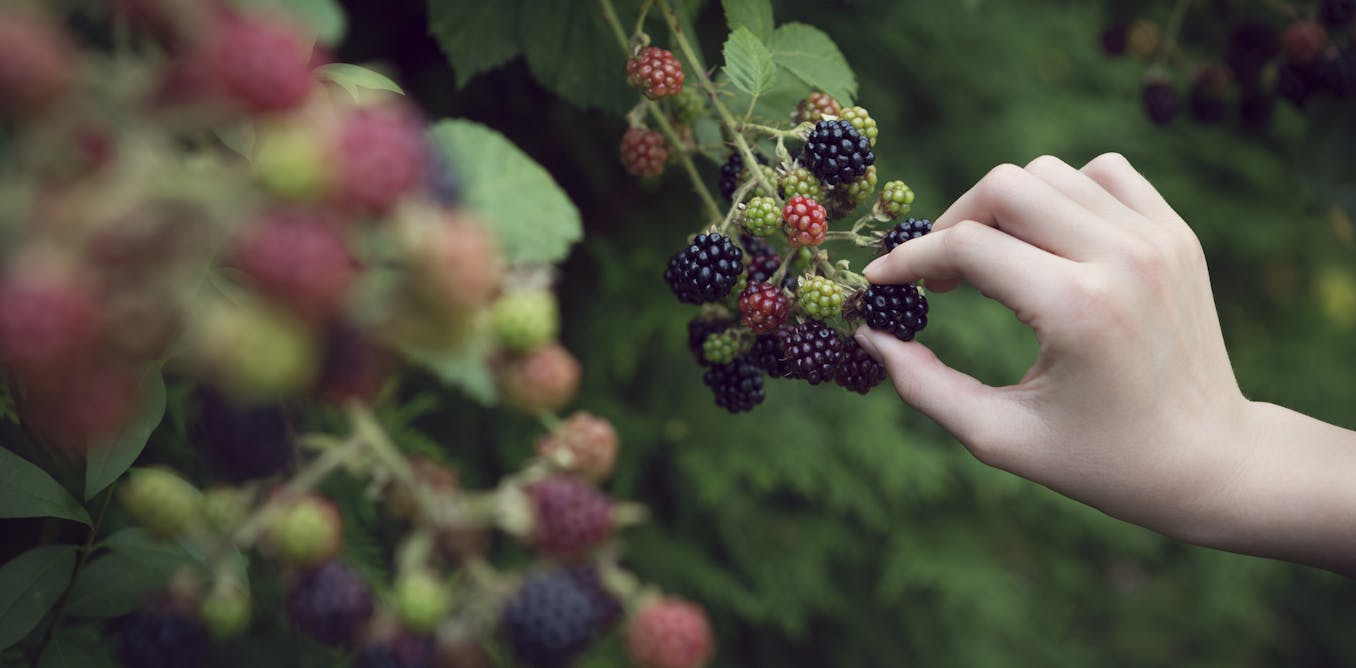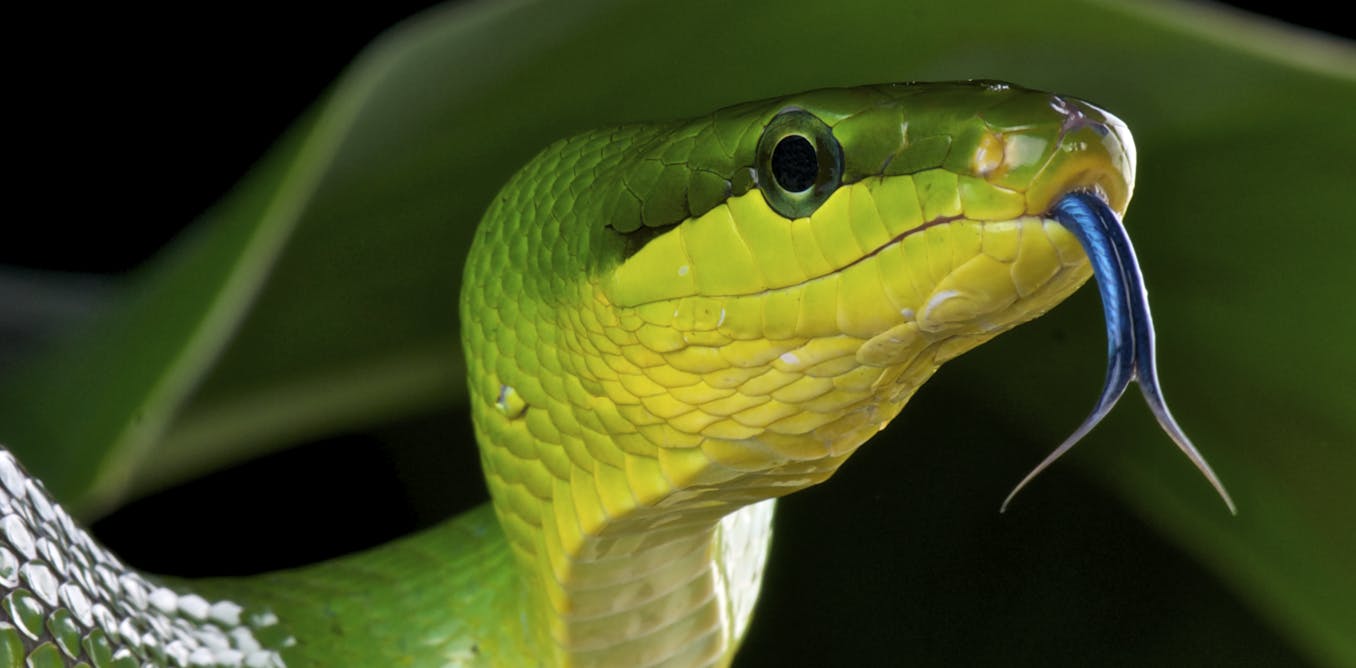What makes smoky, charred barbecue taste so good? The chemistry of cooking over an open flame
Barbecued food has unique and often delicious flavors. A food chemist explains how the process of grilling over an open flame can produce flavors unattainable through other cooking methods.
June 3, 2022 • ~8 min






